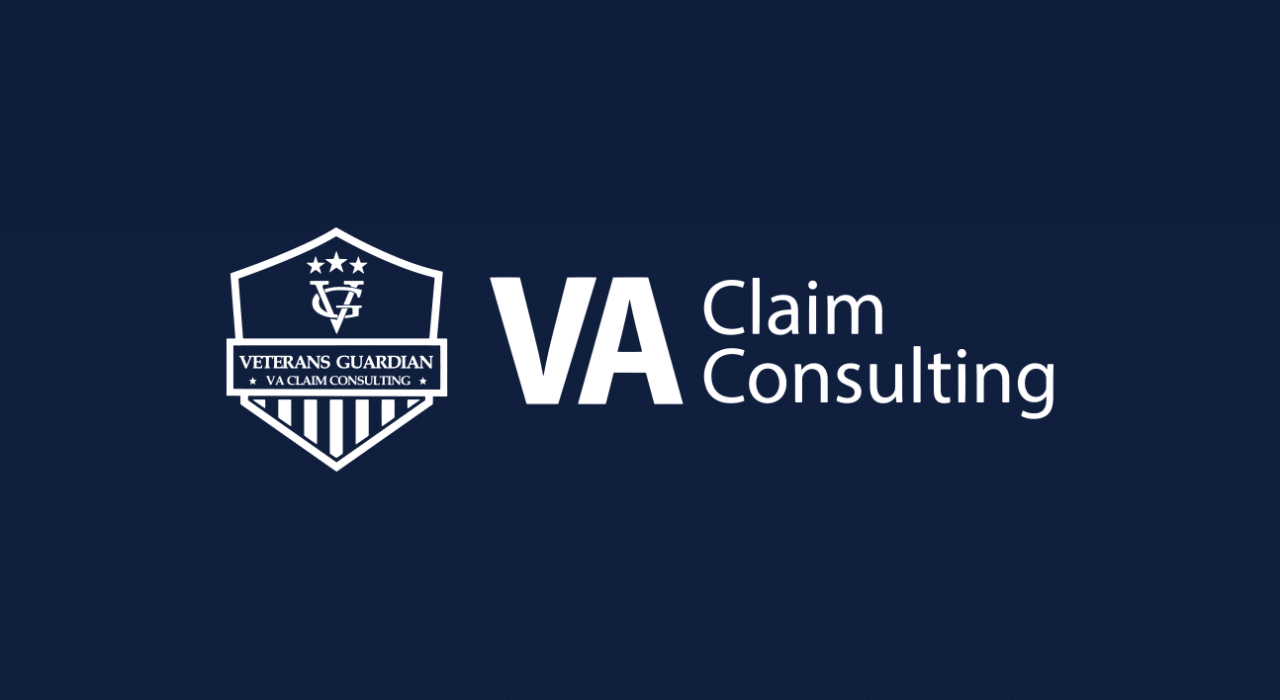Tax Implications of Receiving VA Disability Benefits: What You Need to Know
Navigating the complexities of VA disability benefits can be daunting for many veterans and their families. Among the various aspects to consider, understanding the tax implications of these benefits is crucial. This article provides a comprehensive overview of how VA disability benefits interact with your tax situation, tailored for disabled veterans, relatives of veterans, and current military members anticipating future benefits.
Understanding VA Disability Benefits
First and foremost, it’s essential to understand what VA disability benefits are. These benefits are provided by the Department of Veterans Affairs to veterans who have a disability that is connected to their service. The amount received depends on the disability rating, which ranges from 0 to 100 percent.
Tax Implications of VA Disability Benefits
One of the significant advantages of VA disability benefits is their favorable tax treatment. Here’s what you need to know:
1. VA Disability Benefits are Not Taxable
VA disability payments are tax-free at both the federal and state level. This means the benefits do not count as taxable income on your federal tax return. This non-taxable nature is a significant relief for many veterans, as it helps to ensure that the entirety of the benefits goes towards supporting their needs.
2. No Need to Report on Tax Returns
Since VA disability benefits are not taxable, recipients are not required to report these benefits on their tax returns. This simplifies the tax filing process for veterans, allowing them to focus on what truly matters – their health and wellbeing.
3. Impact on Other Taxable Income
While VA benefits themselves are not taxable, it’s important to understand how they might interact with other sources of income. For instance, if a veteran has other income sources, those will be taxed according to the standard rules, but the tax-free nature of VA benefits may positively impact the overall tax burden.
4. Effects on Tax Credits and Deductions
Non-taxable VA disability benefits do not count as income for the purpose of determining eligibility for certain tax credits and deductions. This can be both beneficial and detrimental, depending on individual circumstances. Veterans should consult with a tax professional to understand how this might affect their overall tax situation.
Planning for Your Future
Understanding the tax implications of your VA disability benefits is an integral part of financial planning. Veterans can optimize their financial situation by considering these factors in the broader context of their financial planning.
Conclusion
For disabled veterans and their families, knowing that VA disability benefits are exempt from taxes provides a level of financial security and ease. However, it’s always advisable to stay informed about the latest tax regulations and seek professional advice when necessary.
Remember, as a VA benefits claim consultant company, Veterans Guardian is here to help you navigate through these complexities, ensuring that you understand every aspect of your benefits and how they impact your life. Our commitment is to provide the guidance and support needed to maximize the benefits you rightfully deserve.
Disclaimer: This article is for informational purposes only and does not constitute legal or tax advice. Consult a tax professional for advice on your specific situation.












